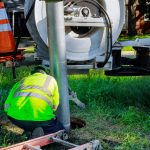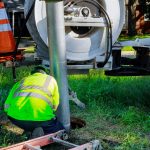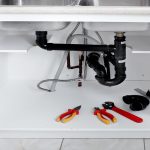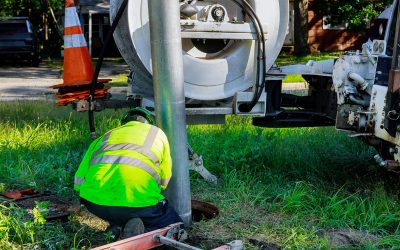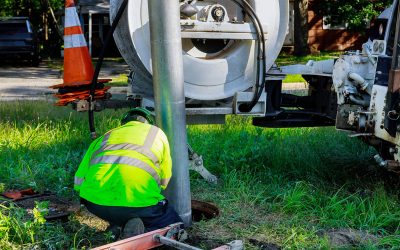Running an Electric Hot Water Heater in Sparks tends to cost more than relying on natural gas or liquid propane to power the equipment. Electric tank heaters also take significantly longer to warm up after the hot water supply has been depleted. Why, then, do some homeowners choose water heaters that run on electricity?
No Gas Pipes
One reason is that the house has not been set up for natural gas or propane heat, or for any gas appliances. In most cases like this, the heat is provided through electric baseboards. Less often, the home depends entirely on wood heat. All the appliances, including a water heater installed by a company such as Paschall Plumbing Heating Cooling, run on electricity.
Uneasiness About Location
Another reason is that the household residents may feel uncomfortable about this natural gas appliance, depending on where it’s located. In manufactured homes, for instance, water heaters may be tucked in back of a bedroom closet. People might be uneasy about this gas appliance in such a location.
Initial Cost and Longevity
A third reason people make this choice is because electric water heaters cost less to buy and have installed. An Electric Hot Water Heater in Sparks also typically lasts for many years beyond the usual lifespan of a gas model. Although the monthly electric bill will be a bit higher, the longevity and savings on installation will make up for some of that.
Managing Electric Usage
There’s a way to manage the electric usage for the heater. Homeowners can install a timer that automatically shuts off the power to the tank when it won’t be in use for many hours, then turns it back on again an hour or so before hot water will be needed.
Considerations
Living with an electric water heater means the household residents may need to consider the times that they shower and how long they take. The average tank is not going to provide enough hot water for three people to shower for 10 or 15 minutes in rapid succession. This is a bigger concern with electric models that may take 30 minutes or longer for any substantial amount of hot water to become available again.
